"Uncover the promising future scope and benefits of an MLibSc degree, with opportunities in academic libraries, research institutions, and information management."
Future Scope & Benefits for Master of Library Science Course
A Master of Library Science (MLibSc) is an advanced graduate program designed to prepare individuals for leadership roles in libraries and information centers. Library professionals with master's degrees play a vital role in managing, organizing, and providing access to information resources, fostering knowledge dissemination and intellectual development. In this article, we will explore the future scope and benefits of pursuing an MLibSc, including the growing demand for information specialists, their specialized skill set, and the diverse career opportunities available in the field of library science.
Future Scope of MLibSc
-
Information Explosion: In the digital age, the volume of information continues to expand exponentially. MLibSc graduates are essential for efficiently organizing and managing this vast information landscape.
-
Digital Transformation: Libraries and information centers are undergoing significant digital transformations, necessitating professionals who can curate and manage digital collections, implement emerging technologies, and ensure access to digital resources.
-
Knowledge Management: Organizations recognize the value of effective knowledge management. MLibSc professionals are instrumental in curating institutional knowledge, fostering information-sharing cultures, and enhancing organizational efficiency.
-
Data Management and Analytics: MLibSc graduates are increasingly involved in data management, analytics, and visualization, contributing to data-driven decision-making processes.
-
Information Literacy and Education: The promotion of information literacy and lifelong learning is a growing focus. MLibSc professionals educate individuals on information-seeking skills, critical thinking, and the responsible use of information.
Benefits of Pursuing an MLibSc
-
Specialized Expertise: Graduates of the MLibSc program acquire specialized knowledge and advanced skills in library science, information management, and information services, positioning them as experts in the field.
-
High Demand for Library Professionals: The demand for MLibSc professionals remains consistently high across various sectors, including academic libraries, public libraries, special libraries, government agencies, and corporate settings.
-
Diverse Career Opportunities: MLibSc holders can pursue diverse career paths as librarians, library directors, information architects, knowledge managers, digital content specialists, and research librarians.
-
Competitive Compensation: Library professionals typically enjoy competitive salaries and benefits, reflecting their advanced training and the critical role they play in knowledge organization and dissemination.
-
Cultural Preservation: For those interested in cultural heritage, the field offers opportunities to work in archives, museums, and cultural institutions, preserving and promoting historical records and artifacts.
-
Digital Libraries and Archives: MLibSc professionals are at the forefront of managing digital libraries and archives, ensuring long-term access to digital resources and preserving born-digital materials.
-
Information Governance: They contribute to information governance by establishing policies and practices for data management, privacy, and compliance with regulatory standards.
-
Research Support: In academic settings, MLibSc professionals provide essential research support by assisting students and faculty in accessing and utilizing scholarly resources effectively.
-
Community Engagement: Librarians often engage with their communities, providing programming, resources, and support for lifelong learning, literacy, and social inclusion.
-
Technological Adaptability: MLibSc professionals adapt to emerging technologies, which is essential in a rapidly changing information landscape.
-
Global Information Access: They can contribute to global information access by participating in international collaborations, sharing best practices, and advocating for open access to knowledge.
-
Advocacy for Intellectual Freedom: Librarians and MLibSc professionals advocate for intellectual freedom, ensuring that individuals have access to a wide range of ideas and information, and promoting democracy and cultural diversity.
 1 Years
1 Years
 Post Graduate
Post Graduate
 Library and Information Science
Library and Information Science


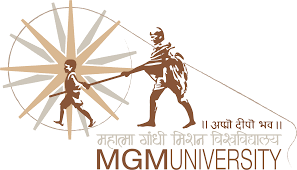

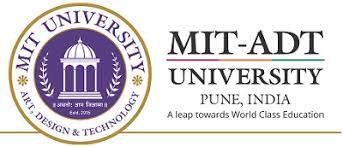
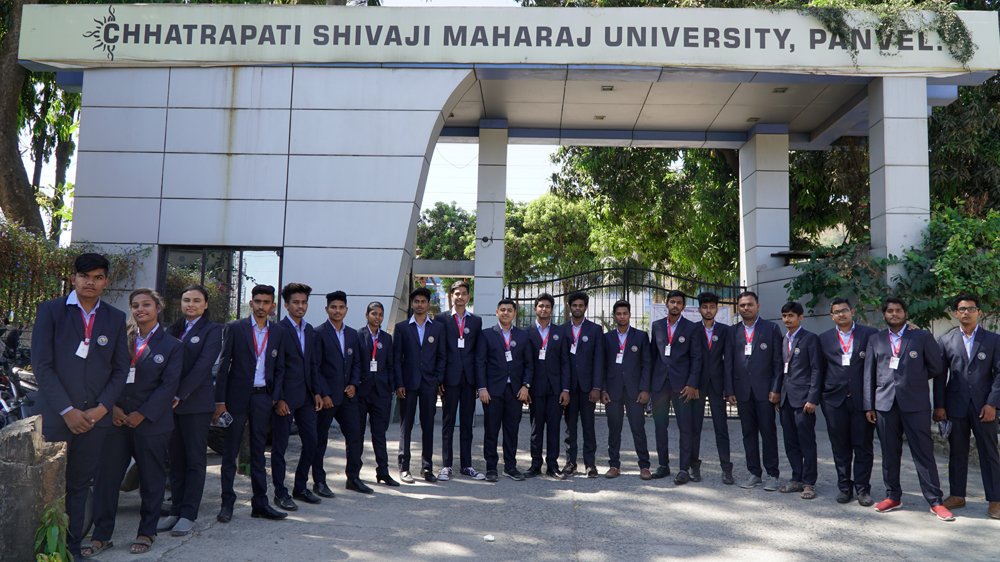
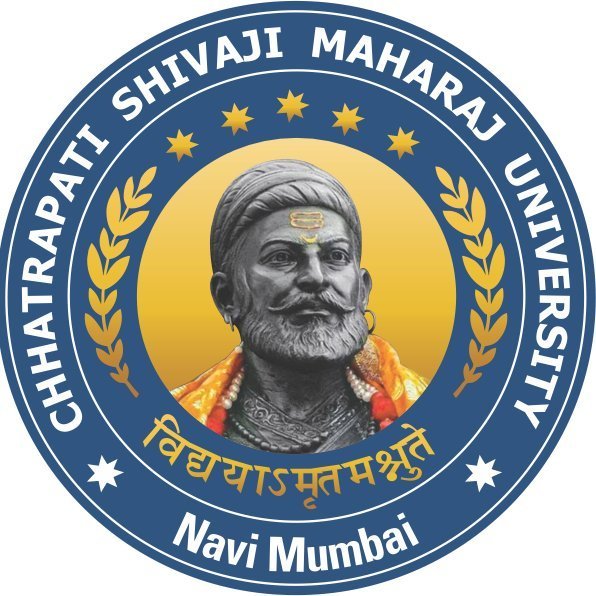
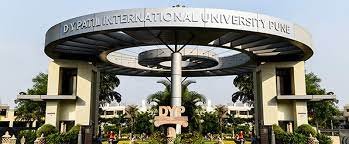


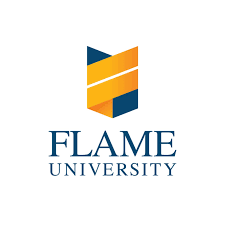

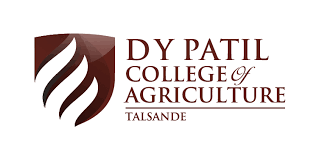

 back
back